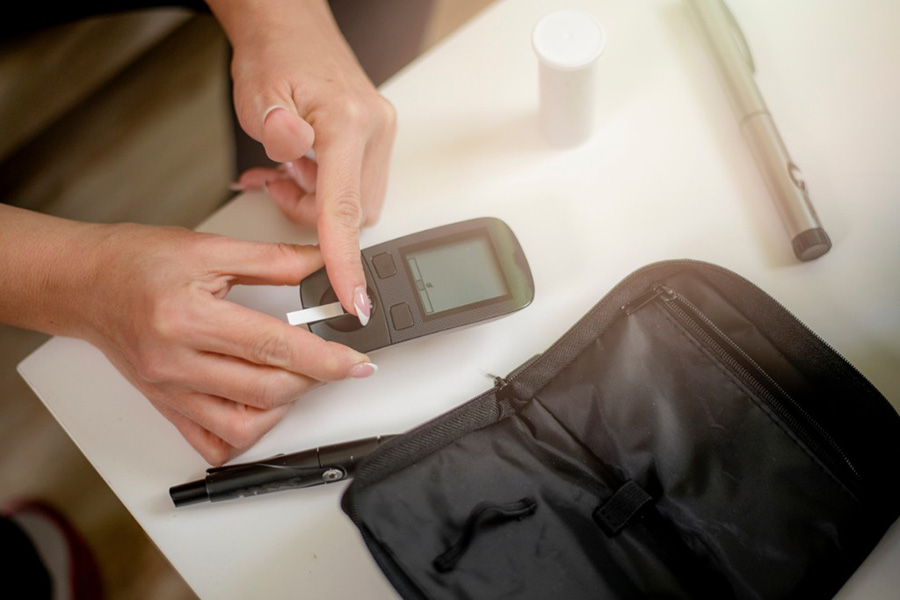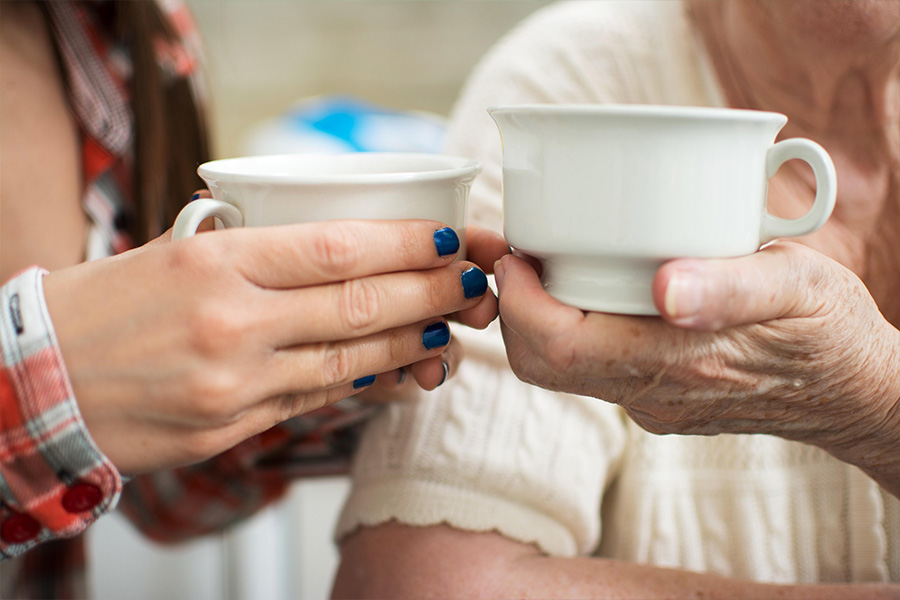
by MOIC | May 7, 2020
In the area of medicines adherence, work has commenced on a new project for those with Type 2 diabetes. The project is being carried out with colleagues at the South Eastern HSC Trust and Queen’s University Belfast and uses dried blood spots to assess patient adherence to metformin.

by MOIC | Apr 21, 2020
The Antibiotic Review Kit for Hospitals (ARK-Hospital) is a five-year applied research programme,
funded by the National Institute for Health Research (NIHR), which will provide information for
prescribers about decision making regarding antibiotic use. The Northern Health and Social Care
Trust (NHSCT), supported by MOIC, commenced work on the full trial phase of the ARK-Hospital
project during 2018/19.

by MOIC | Apr 21, 2020
Work also continued with Primary Care and Community Together (PACT). Under this project, access
to pharmacy services for vulnerable groups is being explored. In particular, the project is
considering if access to services for isolated people is effectively facilitated by the PACT model and if
community pharmacies can work collaboratively to deliver services.

by MOIC | Apr 21, 2020
MOIC continues to work with the Mid & East Antrim Agewell Partnership (MEAAP) on a social
prescribing project. Under the project around 1100 eligible people, aged ≥70 years are being
supported through health and wellbeing Hubs and they are able to avail of a range of Alternative
Care Prescriptions (ACPs). MOIC is assisting with evaluation of the community pharmacy aspects of
this work.

by MOIC | Apr 21, 2020
MOIC were involved in evaluating a post discharge pharmacy follow up service in Northern Trust.
Patients taking lots of medication are at a higher risk of medication related problems such as interactions and adverse effects. This is a particular issue after admission to hospital as often there are several new or changes to medicines. During the 2018/19 year, the results from a post-discharge hospital follow-up study were fully analysed by MOIC with assistance from researchers at Queen’s University Belfast.
In the study, patients (n=211) discharged from hospital on multiple medications were followed up by a clinical pharmacist by telephone at 5, 30 and 90 days post-discharge. The results indicated that those receiving such telephone calls had a:
- 9% reduction in 30 day readmission rates.
- 2% reduction in 90 day readmission rates.
- Positive health economic benefit, with return in investment at £51 per £1 spent at 30 days.
- High level patient satisfaction.
Following the positive results observed, funding was applied for under the Northern Ireland Transformation Funding programme and this was awarded during 2019 to roll this initiative out as a service in Antrim Area Hospital.
Since the roll out in September 2019 feedback from patients has been extremely positive. 73% of patients said they felt more confident about their medications after the calls and 82% said they would recommend it to a friend.





